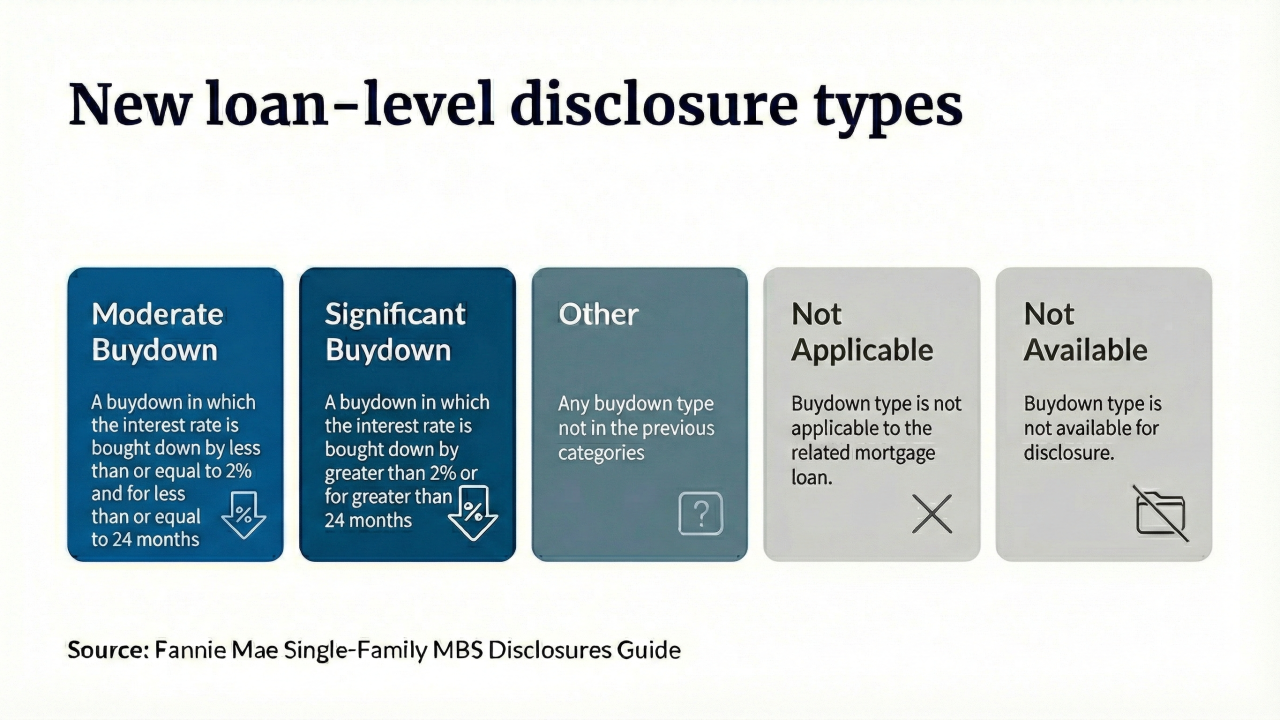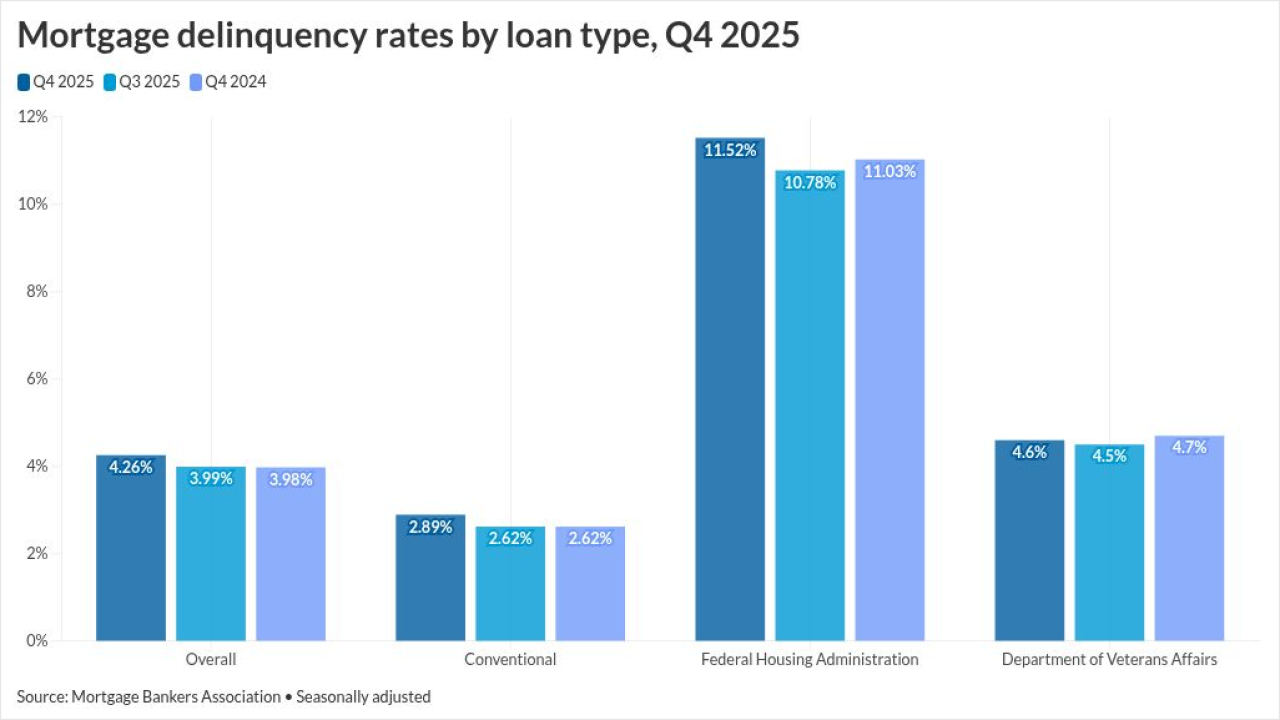Consumer perspectives on
The government-sponsored enterprise's Home Purchase Sentiment Index, a measure of consumer views on residential buying and selling based on responses to a monthly survey, jumped to a reading of 66.8 for April, up from 61.3 a month earlier
"This month's increase in the HPSI was the largest in over two years, primarily driven by consumers' more optimistic mortgage rate expectations," Fannie Mae Chief Economist Doug Duncan said in a press release.

The share who think interest rates will fall in the next year surged to 22% in April from 12% a month earlier. Although 47% still think they will end up higher over the next 12 months, that number decreased from 51% in March, leading to an overall 13-point swing in opinion toward lower rates.
Duncan attributed the change to a combination of factors, "including an awareness of decelerating inflation, market suggestions that monetary conditions will ease in the not-too-distant future and, of course, actual mortgage rate declines during the month."
While volatility remains present, the start of spring saw the benchmark Freddie Mac 30-year rate fall from a 2023 high of 6.73% in mid March to 6.39% by early May.
Meanwhile, the Federal Reserve last week
Rapidly accelerating rate movements last year darkened the mood for buyers and sellers throughout much of the summer and fall, driving Fannie Mae's HPSI lower for several months. While the
"Consumers continue to report uncertainty about the direction of home prices — and we know that high home prices remain the primary reason given by consumers who think it's a bad time to buy a home," Duncan said.
The share of people in April who anticipated prices would rise over the next year increased to 37% from 32%, more than offsetting the 32%-from-31% change among those seeing a move in the other direction.
"Until affordability improves for a larger swath of the homebuying public, we believe home sales will remain subdued compared to previous years," Duncan said.
At the same time, more consumers saw the outlook for both buying and selling improve in April. The portion who called it a good time to buy grew to 23% from 20% a month earlier, while the share expressing the opposite opinion decreased to 77%. The net outcome was a six-point swing toward the "good" side, Fannie Mae said.
Similarly, better selling conditions also appeared to be on the horizon, with 62% saying it was a good time to put a home on the market in April compared to 58% in March. The share who signaled it was a bad time to consider selling decreased to 38% from 40, contributing to the overall net change of five percentage points in good sentiment.




